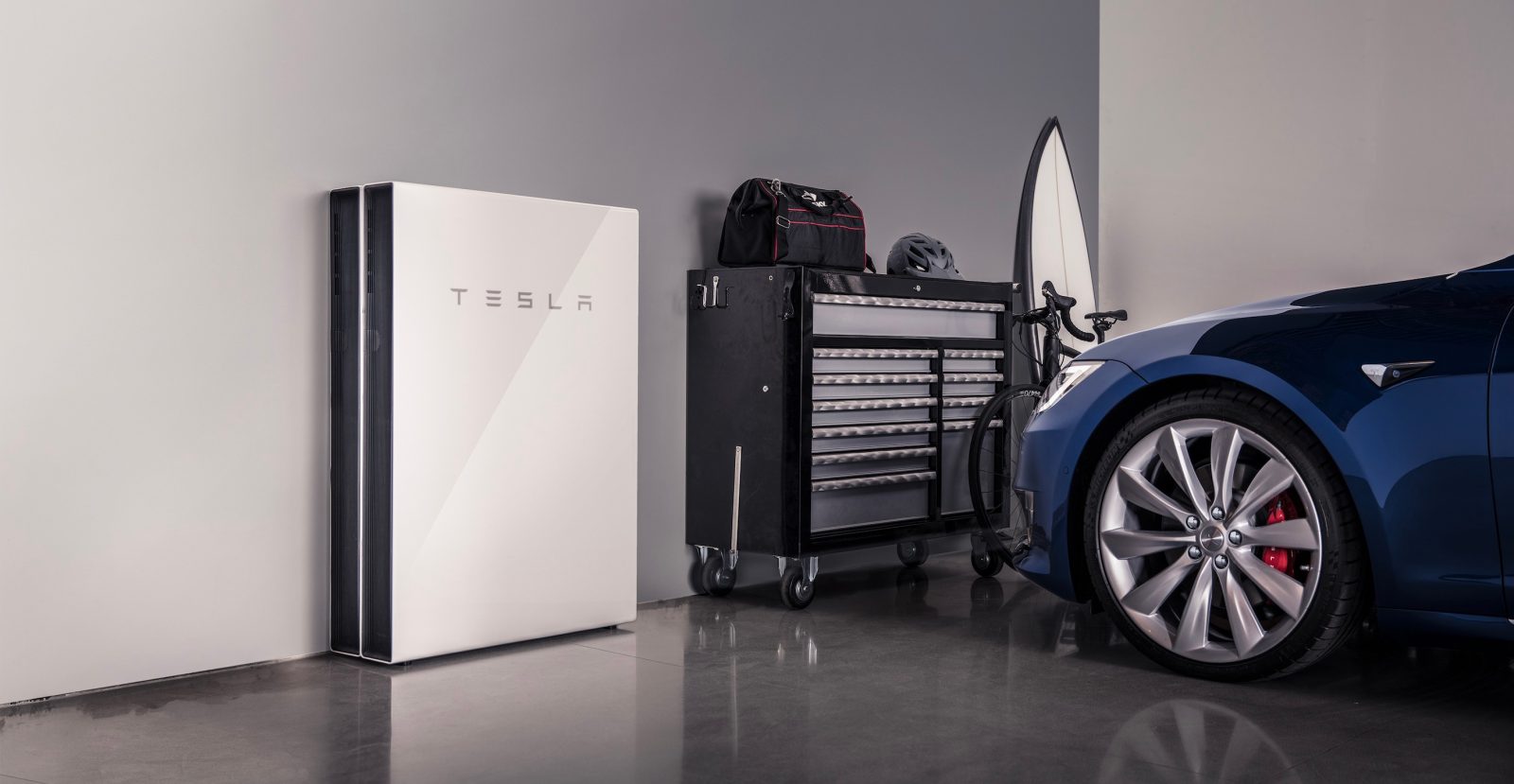
Now, new Premier of South Australia, Steven Marshall, a member of the Liberal party who just replaced the Labor party this week, made his intention clear that his administration doesn’t plan to go through with the rest of Tesla’s plan.
Tesla’s deal with the South Australian government was financing the installation of a 5 kW solar array and a Tesla Powerwall 2 at each of the 50,000 homes with a focus on housing for lower-income families.
Energy is a problem across Australia, but it is especially the case in South Australia, which has suffered from extremely high electricity rates and frequent outages.
The project has the goal to lower the energy bill of families who would normally not be able to afford the upfront cost of installing solar and batteries while also stabilizing the grid by reducing peak power demand with the large energy storage capacity.
The first 1,100 installations were already secured through the deal with the previous administration’s $2 million grant and $30 million loan for the project.
But in an interview following his victory, Marshall indicated that the other ~49,000 installations are at risk:
“We don’t have any plans to stop what they have signed up to but we certainly don’t have any plans whatsoever to change one single component of our energy solution.”
Only the first 1,100 installations were reportedly signed under Tesla’s deal with the previous administration.
The Liberal’s party plan would instead put in place a $2,500 incentive program to add battery packs to 40,000 homes.
Marshall’s party is seen as more in favor of fossil fuels than renewable energy and it has been against a state-based renewable energy target.
We contacted Tesla about a comment on the status of the project following Marshall’s comments.
Electrek’s Take
It’s a real bummer on several different levels. While Marshall’s plan would undoubtedly result in adding about 40,000 home battery packs, like Tesla’s Powerwall, which is a good thing, it’s a fair smaller investment into energy storage than the previous plan.
Tesla’s plan would have drastically reduced the electricity bills of at least 25,000 low-income households, but the Liberal Party’s $2,500 incentive is still less than half the upfront cost of a new battery pack, which means that it will not be accessible to those same households.
It also represents only 1/8 of the overall investment of the previous plan and it will inevitably result in fewer battery packs deployed.
Does it mean that Tesla’s massive virtual power plant project is dead? Not yet. We will be following the story closely.
FTC: We use income earning auto affiliate links. More.






Comments